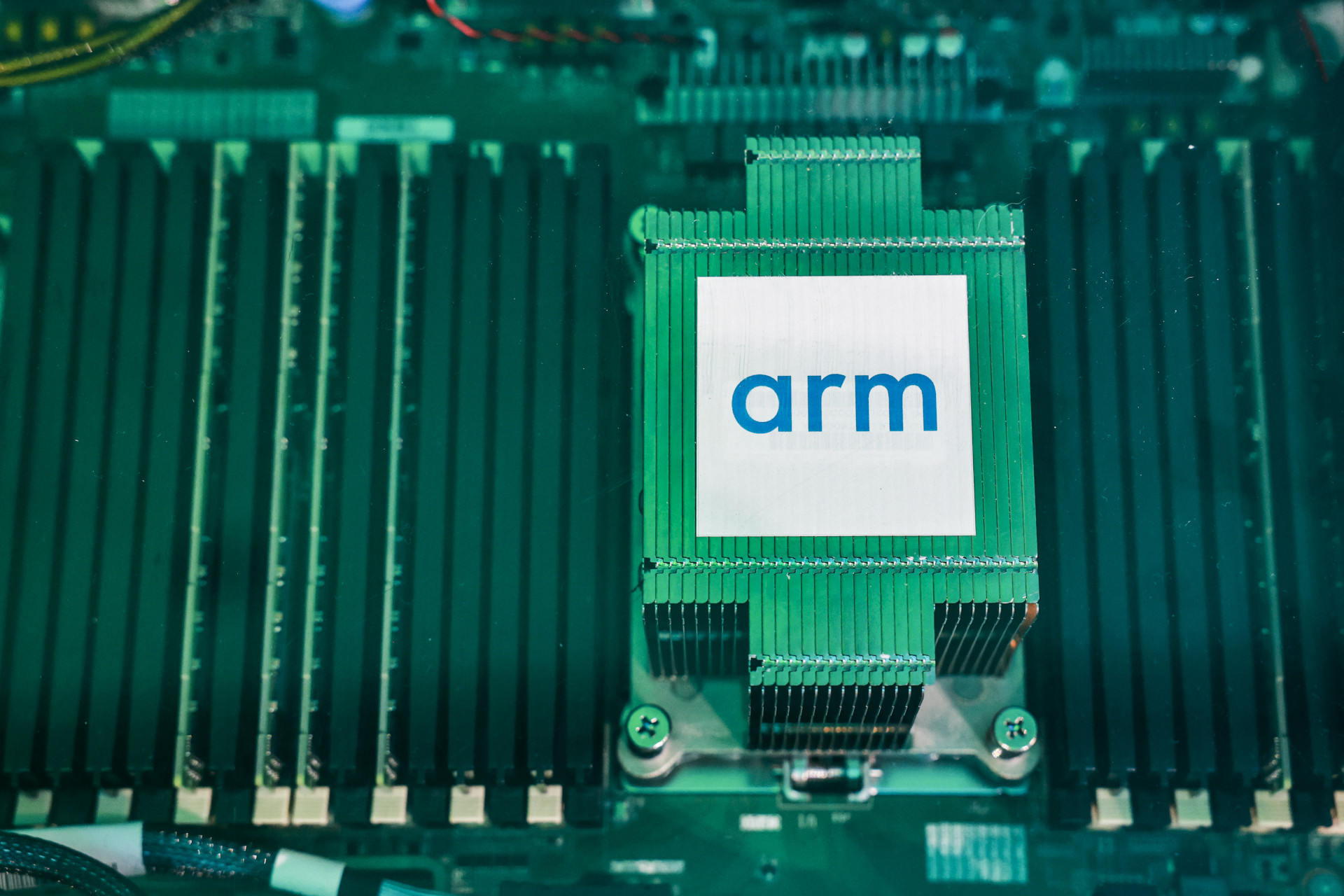Arm hires Amazon's AI chip developer, ostensibly to help create its own processors — Rami Sinno returns to the company, boasts Trainium and Inferentia on resume
This is the latest move in Arm's chip designer hiring spree that's been ongoing for the past year.

British semiconductor and chip design firm Arm Holdings has hired Amazon's director of engineering in its Amazon Web Services division to work on developing its own complete processors, according to Reuters. Rami Sinno headed the team that developed Amazon's own AI processors, Trainium and Inferentia, but will be returning to the fold with this move, having previously worked as VP of engineering at ARM between 2014 and 2019.
Arm's chip designs are nearly ubiquitous in the mobile world, featured in most smartphones and a wide range of tablets and laptops. Qualcomm's Snapdragon chips are based on ARM architecture, as are Apple's A and M-series system-on-chip designs, and Arm is making major inroads in the data center space. It's even starting to make a name for itself in the gaming scene, too.
But Arm doesn't typically build its own processors. That's something it has reportedly been looking to change over the past few years. We first heard rumors that it was looking to build its own AI hardware in early 2024, and that it allegedly already had orders for some of its as-yet-unannounced chips in February this year.
It's not clear how far along in the development process Arm is with its own chips, but Sinno brings significant experience to the company, having been a key component in Amazon's own AI hardware endeavours. Sinno joins the likes of experienced Intel and Qualcomm engineer Steve Halter, as well as HP Enterprise alumnus Nicolas Dube.
Although an exceedingly profitable company already, enough that Nvidia reportedly tried to buy it for $40 billion in 2020, that all came from royalties for its chip designs. Arm is looking to branch into an entirely new venture with the development of its own hardware. CEO Rene Haas said in July that Arm was considering developing its own chiplets that can be bundled together in a larger package, as well as complete (perhaps monolithic) chip designs.
Sinno was brought in early for Amazon's own AI hardware development, building the architecture from the ground up, reportedly using Amazon's standard method of development: starting at the customer's desires and working backwards to develop what they need. At that time, it was high compute, low power chips, and though the market is more contested and the industry much further along now than it was then, Arm's eventual hardware will need to offer much the same.
But it clearly believes it can do it. Earlier this year, Arm announced the aggressive and confident plan that it would capture as much as 50% of the data center CPU market by the end of 2025. That will come from new AI data centers, and with companies like Nvidia building 100 AI factories, there's no shortage of demand.
Get Tom's Hardware's best news and in-depth reviews, straight to your inbox.
Follow Tom's Hardware on Google News to get our up-to-date news, analysis, and reviews in your feeds. Make sure to click the Follow button.

Jon Martindale is a contributing writer for Tom's Hardware. For the past 20 years, he's been writing about PC components, emerging technologies, and the latest software advances. His deep and broad journalistic experience gives him unique insights into the most exciting technology trends of today and tomorrow.